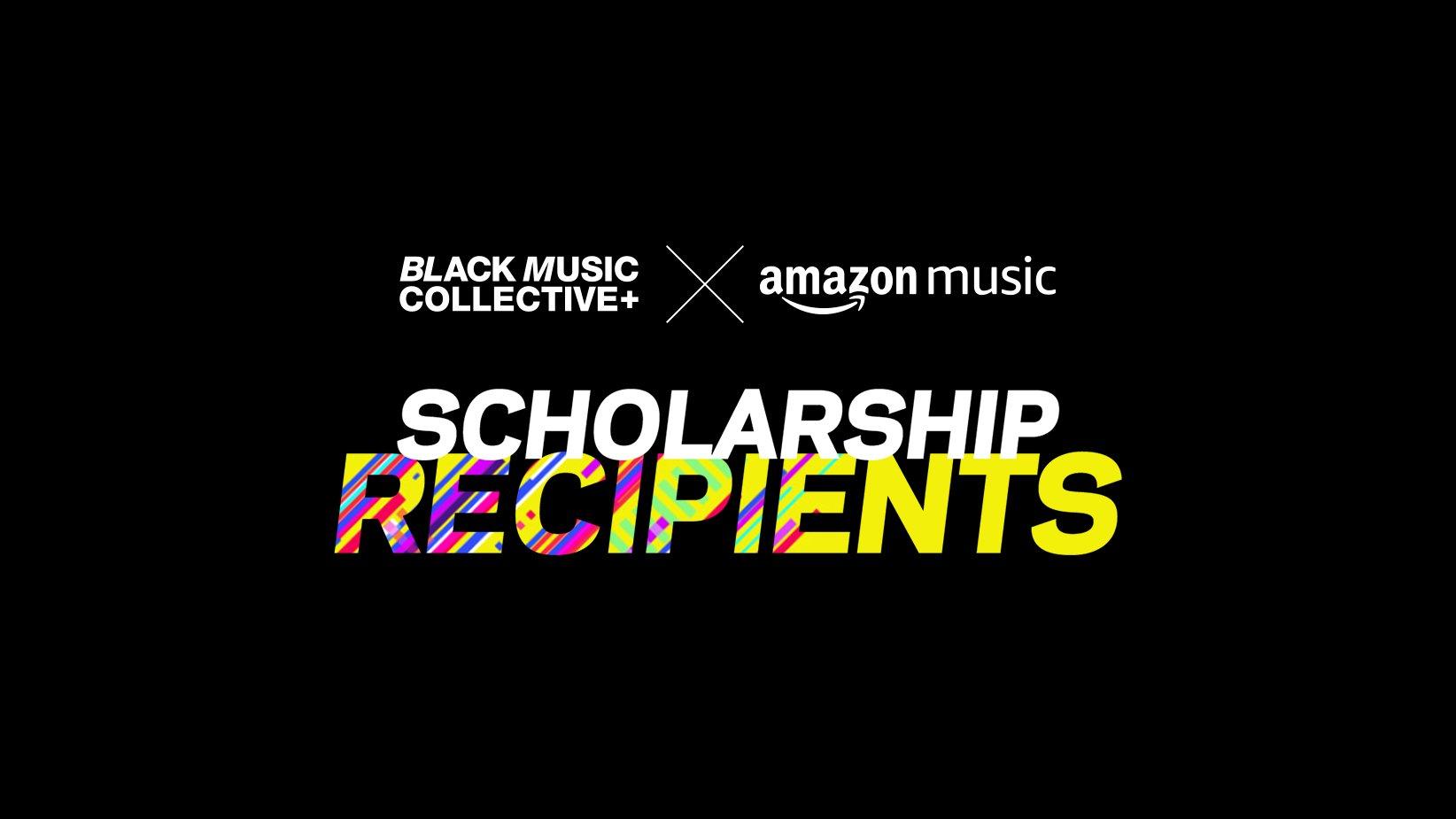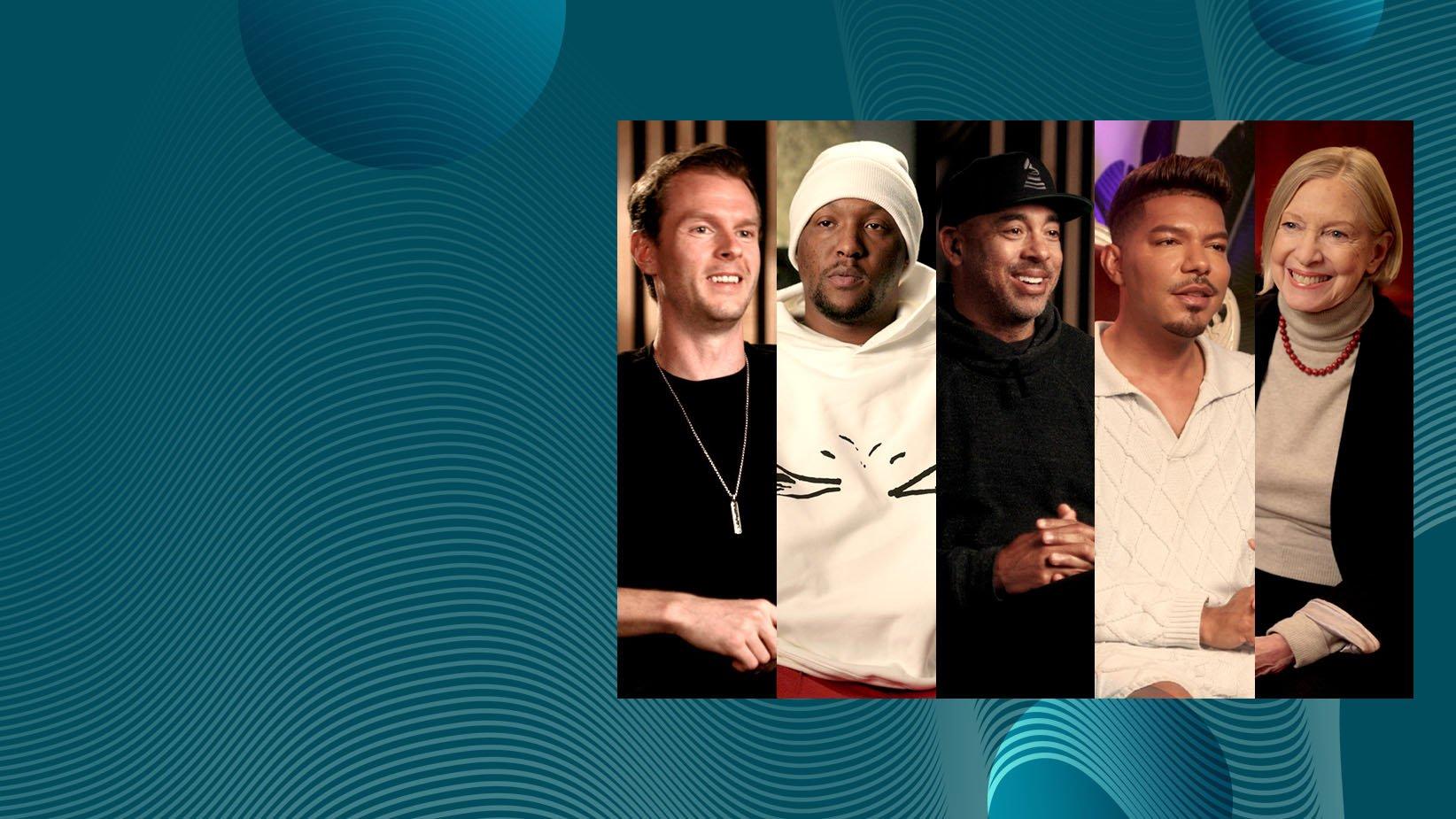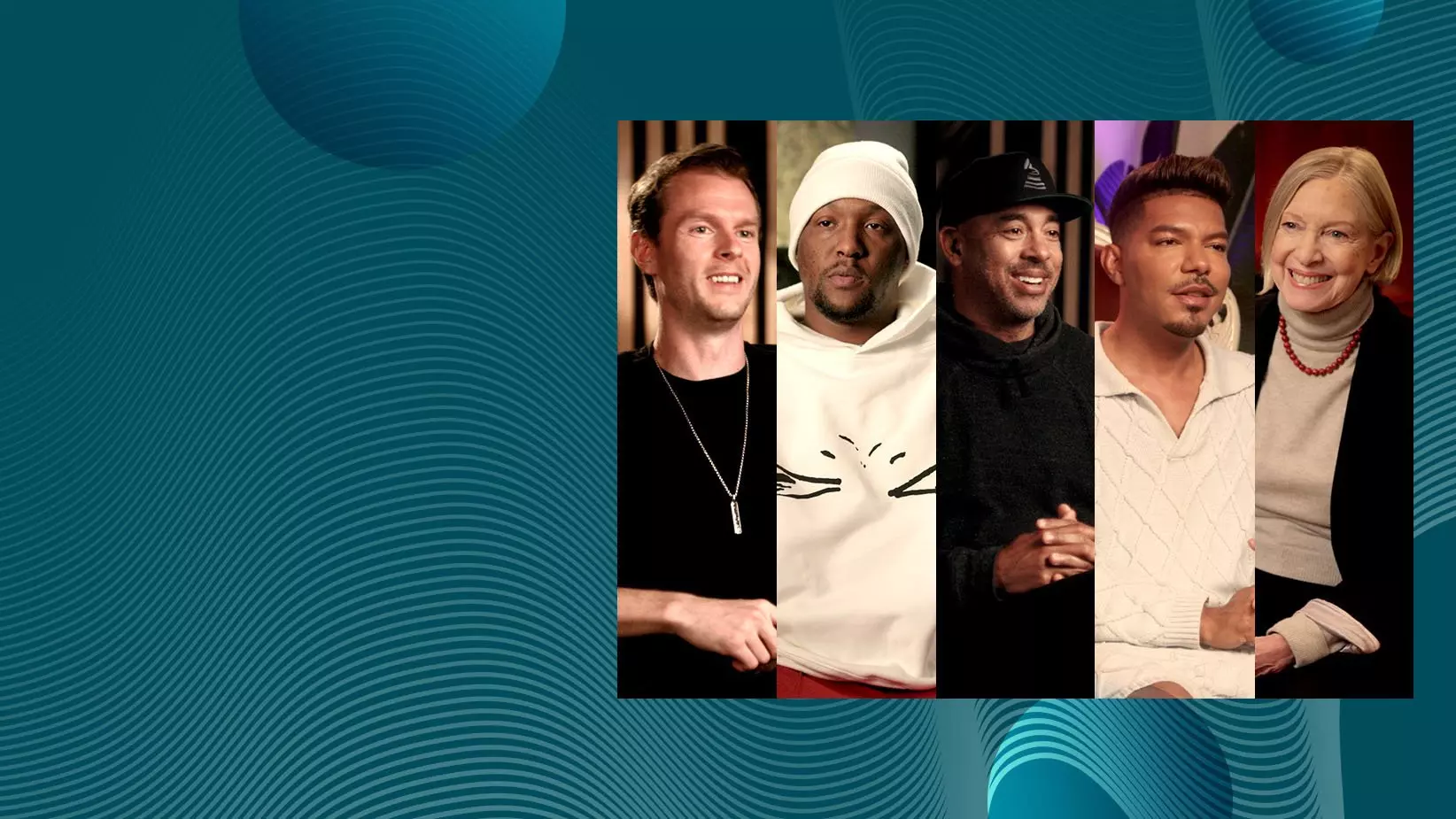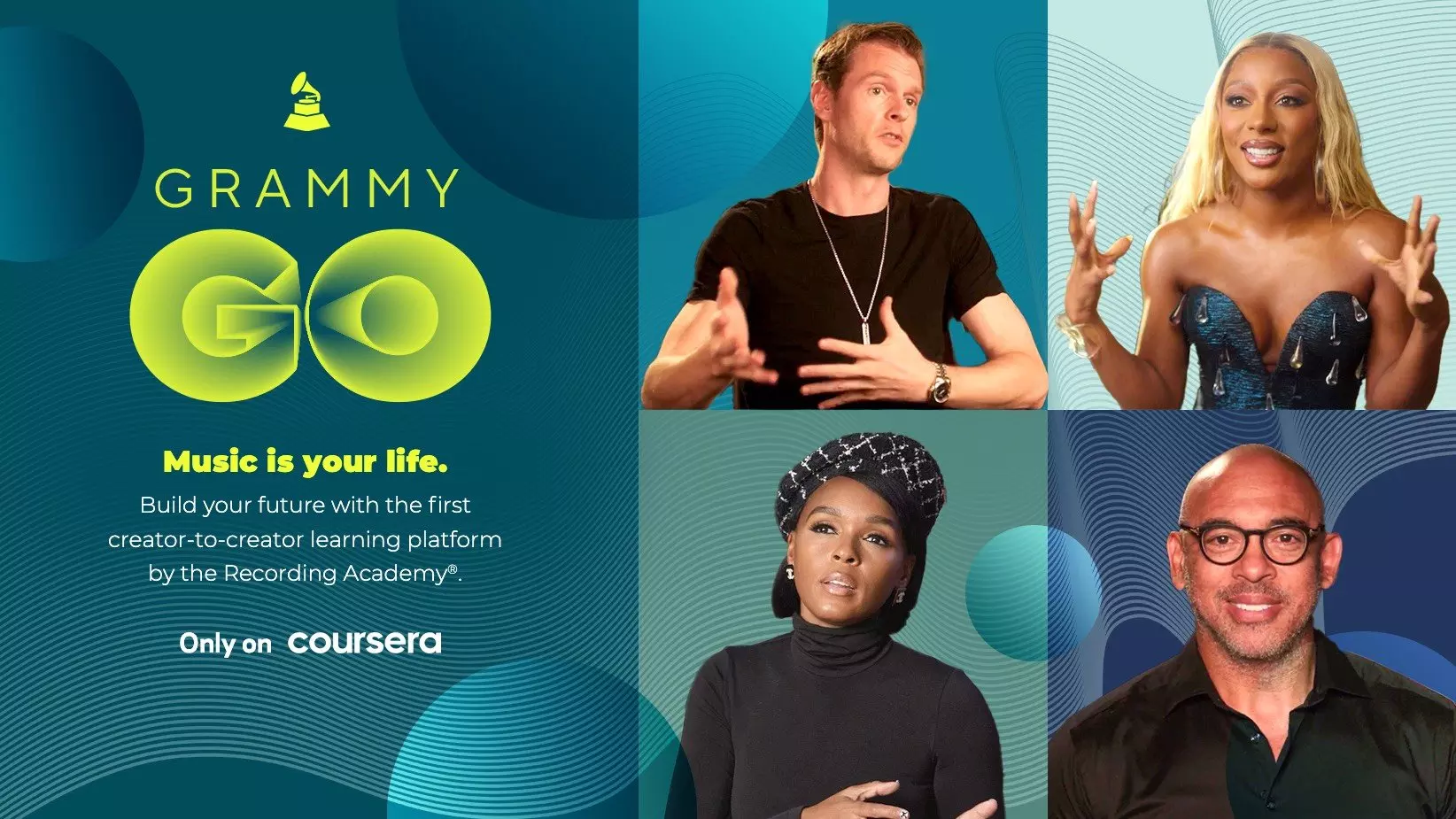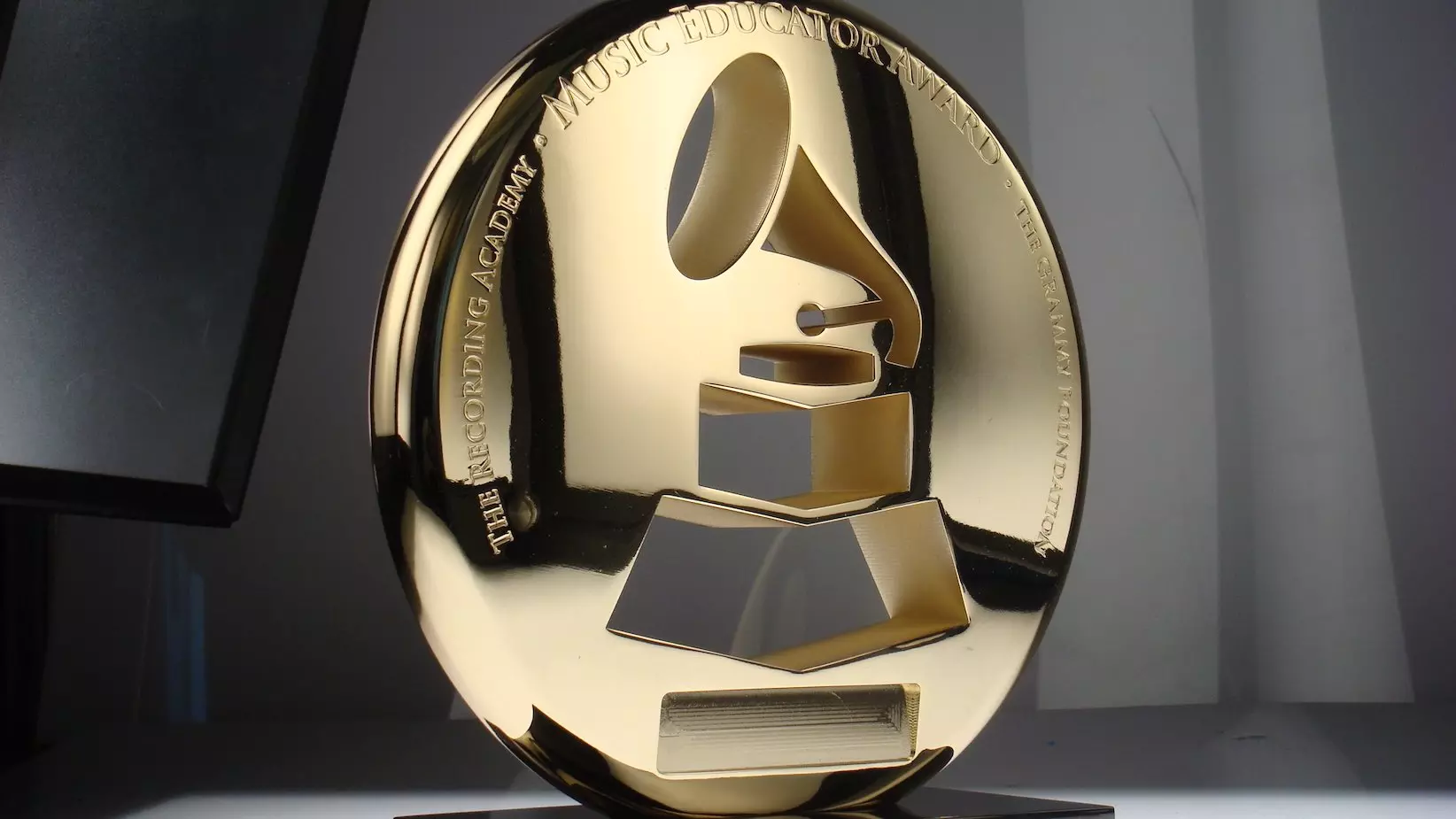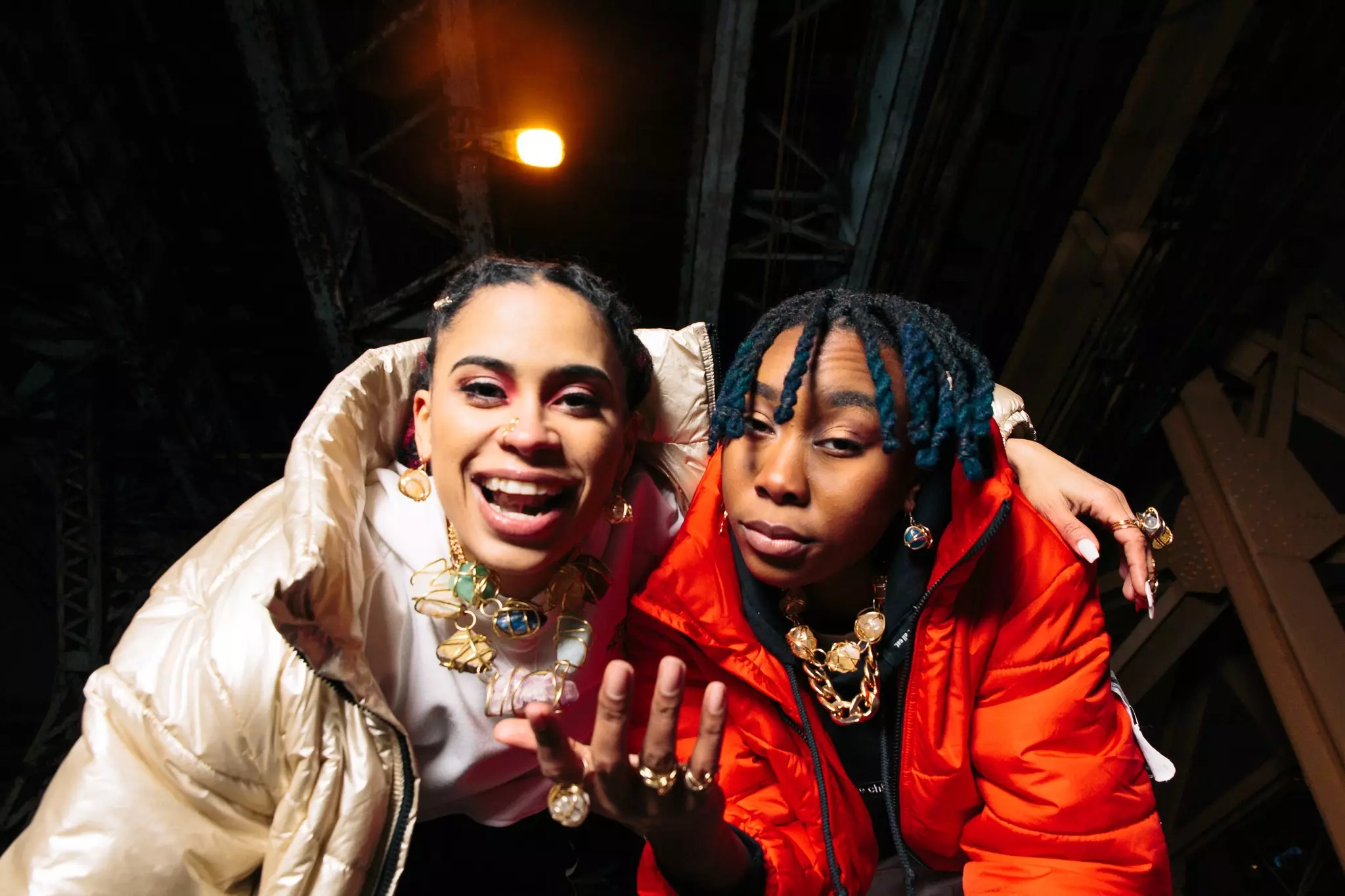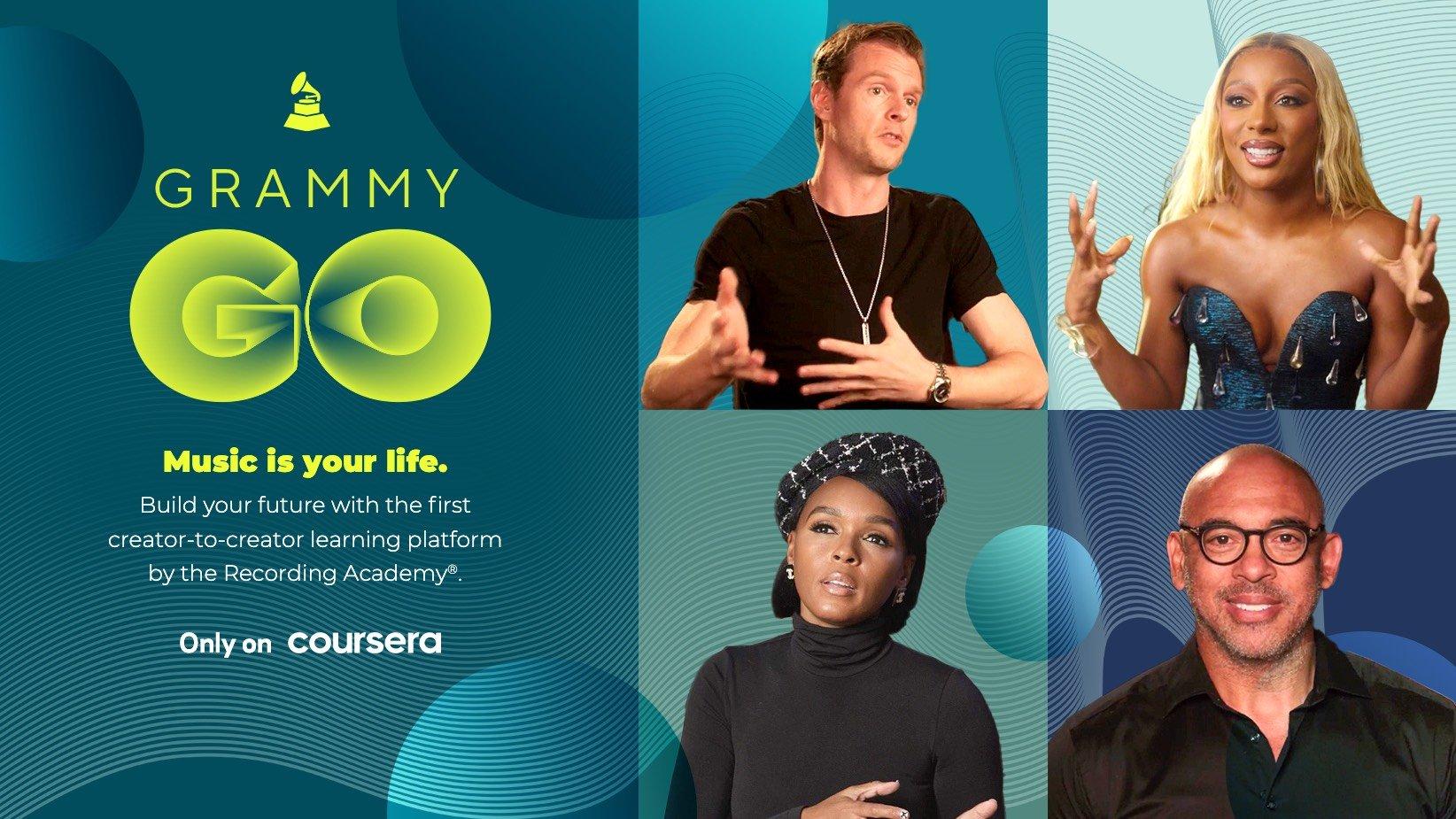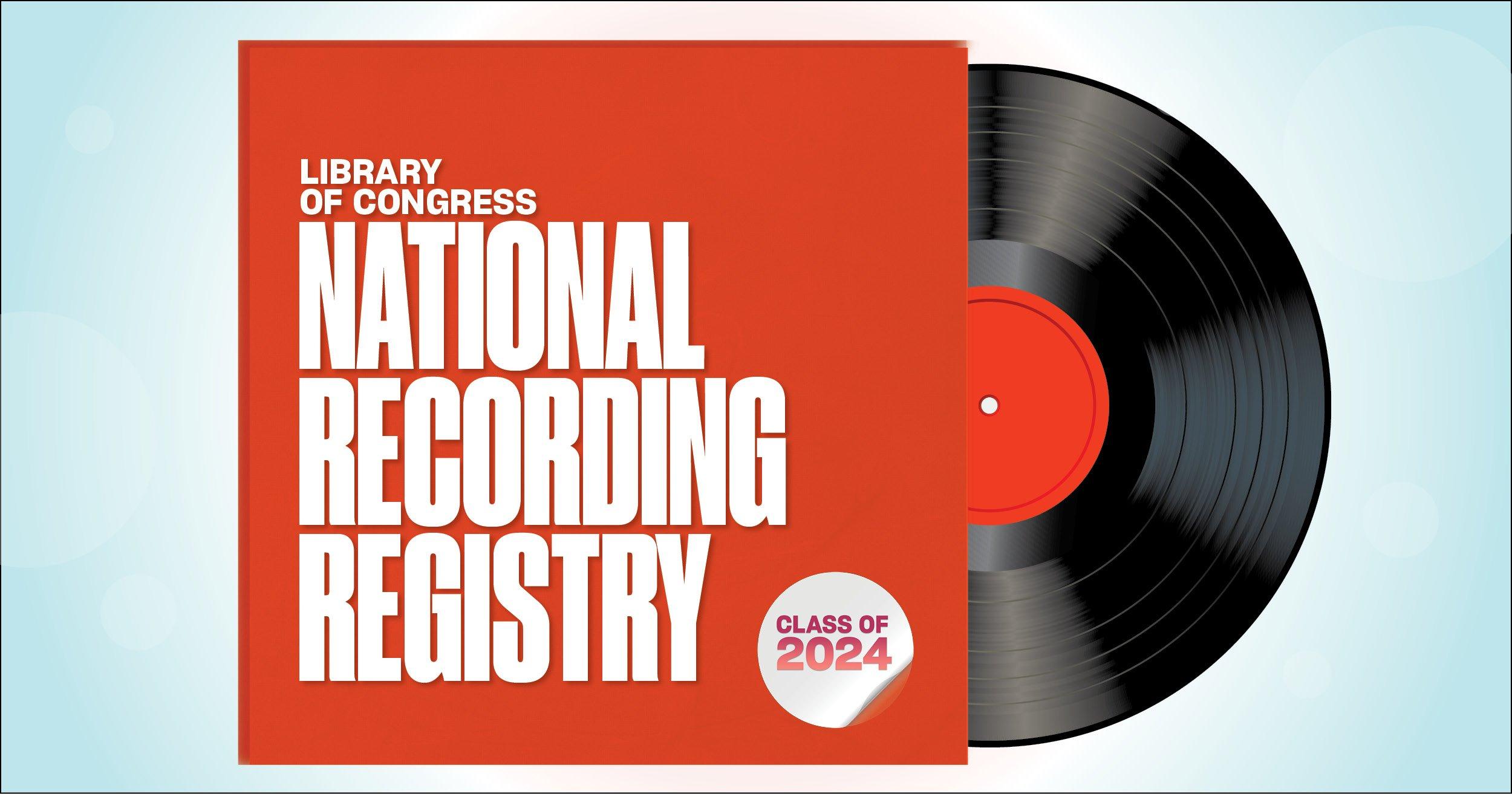The Recording Academy's Black Music Collective (BMC) and partner Amazon Music today announced the recipients of their "Your Future Is Now" scholarship, which is aimed for students at Historically Black Colleges and Universities (HBCUs) with the opportunity to learn all facets of the music industry. The recipients—Jawan Davidson from North Carolina Central University, Akeal Evans from Morehouse College, and Nyah Hardmon from Howard University—were announced during the BMC's national Black Music Month program, Protect Black Music… Preservation, Legacy and Protecting the History of Black Music, which took place Tuesday, June 29.
The scholarship, first announced on Feb. 22 during Black History Month, offers students the chance to receive $10,000 for the 2021/2022 school year and the opportunity to be part of a two-week immersive rotation program with Amazon Music department leads, providing each student a detailed look at their particular field of work at Amazon Music. To coincide with these scholarships, the BMC and Amazon Music will also award two HBCUs a $10,000 grant each for equipment for their music programs, which will be announced later this summer.
Additional highlights of Protect Black Music… Preservation, Legacy and Protecting the History of Black Music included remarks by Chief Diversity, Equity & Inclusion Officer Valeisha Butterfield Jones; Executive Director, Washington D.C. Chapter and Executive Sponsor of the Black Music Collective Jeriel Johnson; and Recording Academy President/CEO Harvey Mason jr. The event also featured a spoken word performance by Chicago Chapter Trustee and BMC member J. Ivy and a special appearance by four-time GRAMMY winner H.E.R., who announced the scholarship recipients.
A panel of the same name featured founder of the Black Music History Library Jenzia Burgos; two-time GRAMMY winner, Patti LaBelle; NPR Reporter and Editor Sidney Madden; GRAMMY winner, GRAMMY Legend Awards and Lifetime Achievement recipient Smokey Robinson; and GRAMMY-winning artist Raphael Saadiq.
<style>.embed-container { position: relative; padding-bottom: 56.25%; height: 0; overflow: hidden; max-width: 100%; } .embed-container iframe, .embed-container object, .embed-container embed { position: absolute; top: 0; left: 0; width: 100%; height: 100%; }</style><div class='embed-container'><iframe src='https://www.youtube.com/embed/8AxbLqsPE6Y' frameborder='0' allowfullscreen></iframe></div>
The Recording Academy's Black Music Collective is a group of prominent Black music creators and professionals who share the common goal of amplifying Black voices within the Recording Academy and the music community.
Learn more about the Recording Academy's Black Music Collective.

